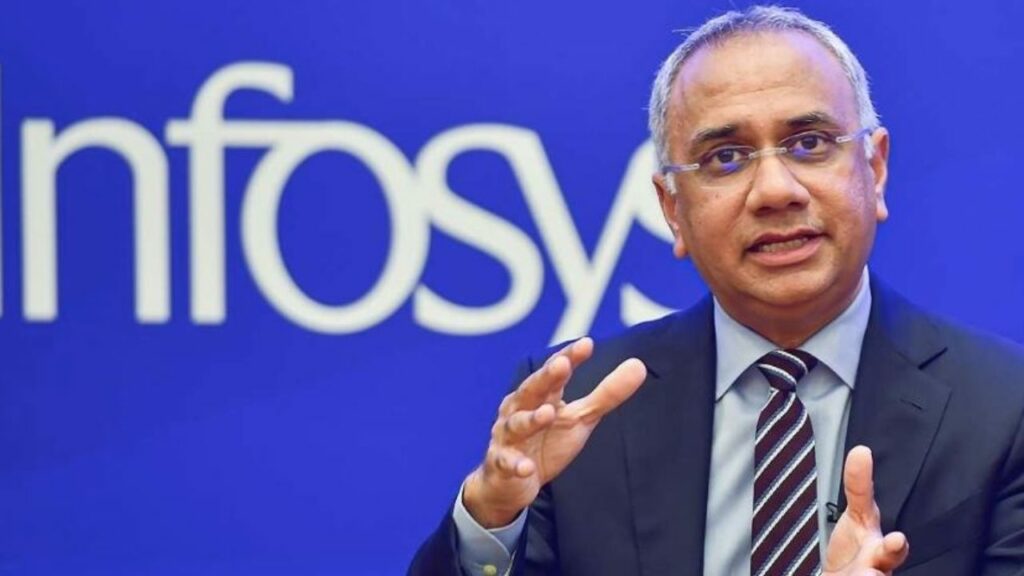On June 27, the Securities and Exchange Board of India (SEBI) announced that Infosys’ Chief Executive Officer Salil Parekh had settled charges of insider trading violations. This development follows SEBI’s investigation into Parekh’s failure to implement adequate controls to prevent insider trading related to a significant partnership between Infosys and Vanguard in 2020. Here, we delve into the details of the case, the regulatory proceedings, and its implications for corporate governance.

Background of the Case
The insider trading charges against Parekh relate to a 2020 strategic partnership between Infosys and Vanguard. Vanguard, the largest asset manager in the Defined Contribution Space, engaged Infosys to provide a cloud-based record-keeping platform. This partnership was anticipated to significantly expand Infosys’ business, making it critical to maintain the confidentiality of such price-sensitive information.
Regulatory Findings
According to SEBI, the investigation concluded that Parekh violated Regulations 9A(1) and 9A(2) of the SEBI (Prohibition of Insider Trading) Regulations, 2015. These regulations mandate that unpublished price-sensitive information (UPSI) must be identified and its confidentiality maintained, with adequate internal controls in place to prevent insider trading. As the CEO and MD of Infosys, Parekh was responsible for ensuring these controls were effective.
Settlement Details
Following SEBI’s findings, a show cause notice was issued to Parekh on August 3, 2023. Parekh responded by proposing a settlement, which SEBI accepted. The settlement involved Parekh paying Rs 25 lakh to resolve the charges without admitting or denying the findings. SEBI’s release stated, “In view of the acceptance of the settlement terms and receipt of settlement amount by SEBI, the specified proceedings initiated against the Applicant (Parekh) are disposed of… on the basis of aforesaid settlement terms.”
Implications for Corporate Governance
This case underscores the importance of robust internal controls within listed companies to prevent insider trading. As SEBI’s order highlights, senior executives, including CEOs, have a crucial responsibility to enforce these controls effectively. The settlement also demonstrates SEBI’s commitment to holding top executives accountable for regulatory compliance.
Conclusion
Salil Parekh’s settlement with SEBI brings to light the critical role of corporate governance in maintaining market integrity. While Parekh’s agreement to pay Rs 25 lakh settles the insider trading charges, it serves as a reminder to all listed companies and their executives about the imperative of stringent internal controls and compliance with insider trading regulations. This case sets a precedent for future enforcement actions and emphasizes the need for continued vigilance in corporate governance practices.
4o












